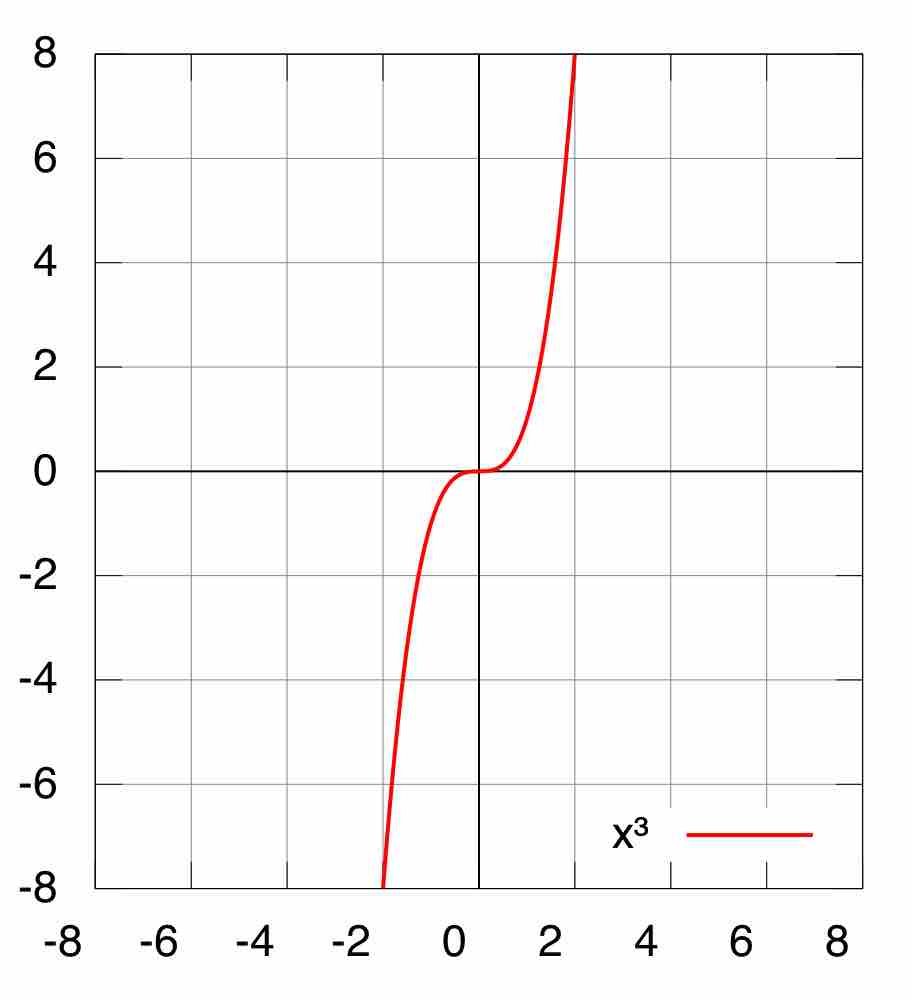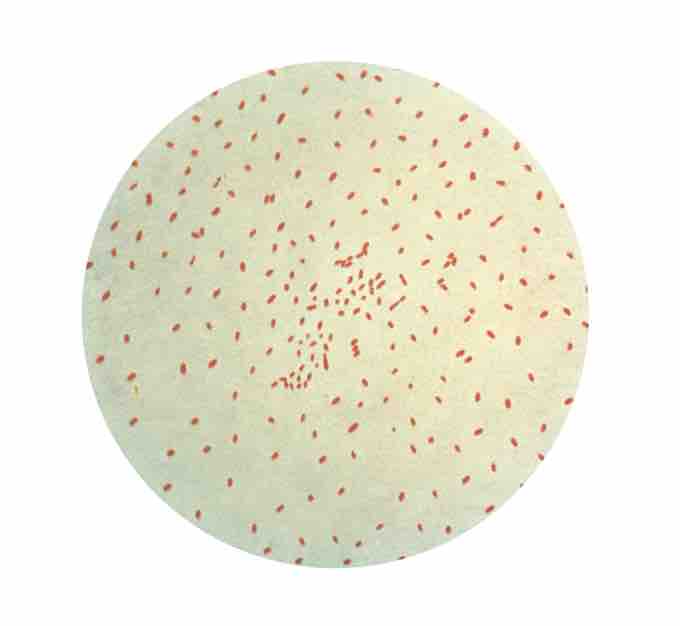Pertussis
Pertussis, also known as whooping cough, is an infection of the respiratory system characterized by a "whooping" sound that an afflicted person makes when breathing inwards. Only 50% of patients actually display the classic sound as they attempt to draw breath over a partially closed glottis. In the U.S., the infection was responsible for 5,000 to 10,000 deaths per year before a vaccine was developed and made available. Vaccination has transformed this. Between 1985 and 1988, fewer than 100 children died from pertussis. In 2000, according to the WHO, around 39 million people worldwide were being infected annually. Of these, about 297,000 died.
Causes of Pertussis
Pertussis is caused by the bacteria, Bordetella pertussis, a gram-negative, aerobic coccobacillus capsulate of the genus Bordetella . Bordetella pertussis infects its host by colonizing lung epithelial cells. The bacterium contains a surface protein, filamentous haemagglutinin adhesin, which binds to the sulfatides found on the cilia of epithelial cells. Once anchored, the bacterium produces tracheal cytotoxin, which stops the cilia from beating. This prevents the cilia from clearing debris from an organism's lungs, and the body responds by sending the host into a coughing fit. These coughs expel some bacteria into the air, which are free to infect other hosts. There does not appear to be a zoonotic reservoir for B. pertussis. Humans are its only host. The bacterium is spread by airborne droplets, and its incubation period is one to two weeks.

Graph of y=x^3
B. pertussis has the ability to inhibit the function of a host's immune system, through virulence factors. Its virulence factors include pertussis toxin, filamentous hæmagglutinin, pertactin, fimbria, and tracheal cytotoxin. The pertussis toxin, or PTx, inhibits G protein coupling that regulates an adenylate cyclase-mediated conversion of ATP to cyclic AMP. The end result is that phagocytes convert too much ATP to cyclic AMP, which can cause disturbances in cellular signaling mechanisms. This prevents phagocytes from correctly responding to an infection. PTx, formerly known as lymphocytosis-promoting factor, causes a decrease in the entry of lymphocytes into lymph nodes. This can lead to a condition known as lymphocytosis, which is a large increase in the number of lymphocytes in an organism's blood.

Bordetella pertussis
Bordetella pertussis, the bacteria that causes whooping cough